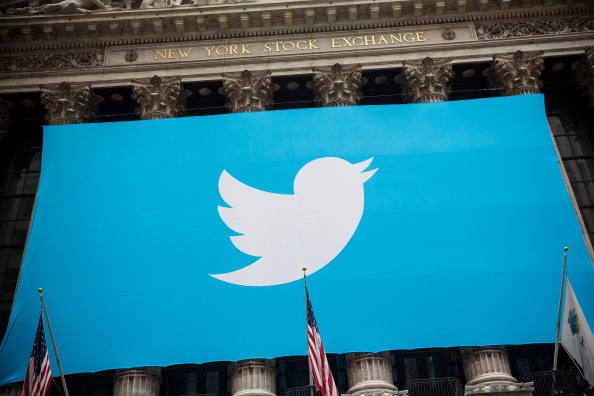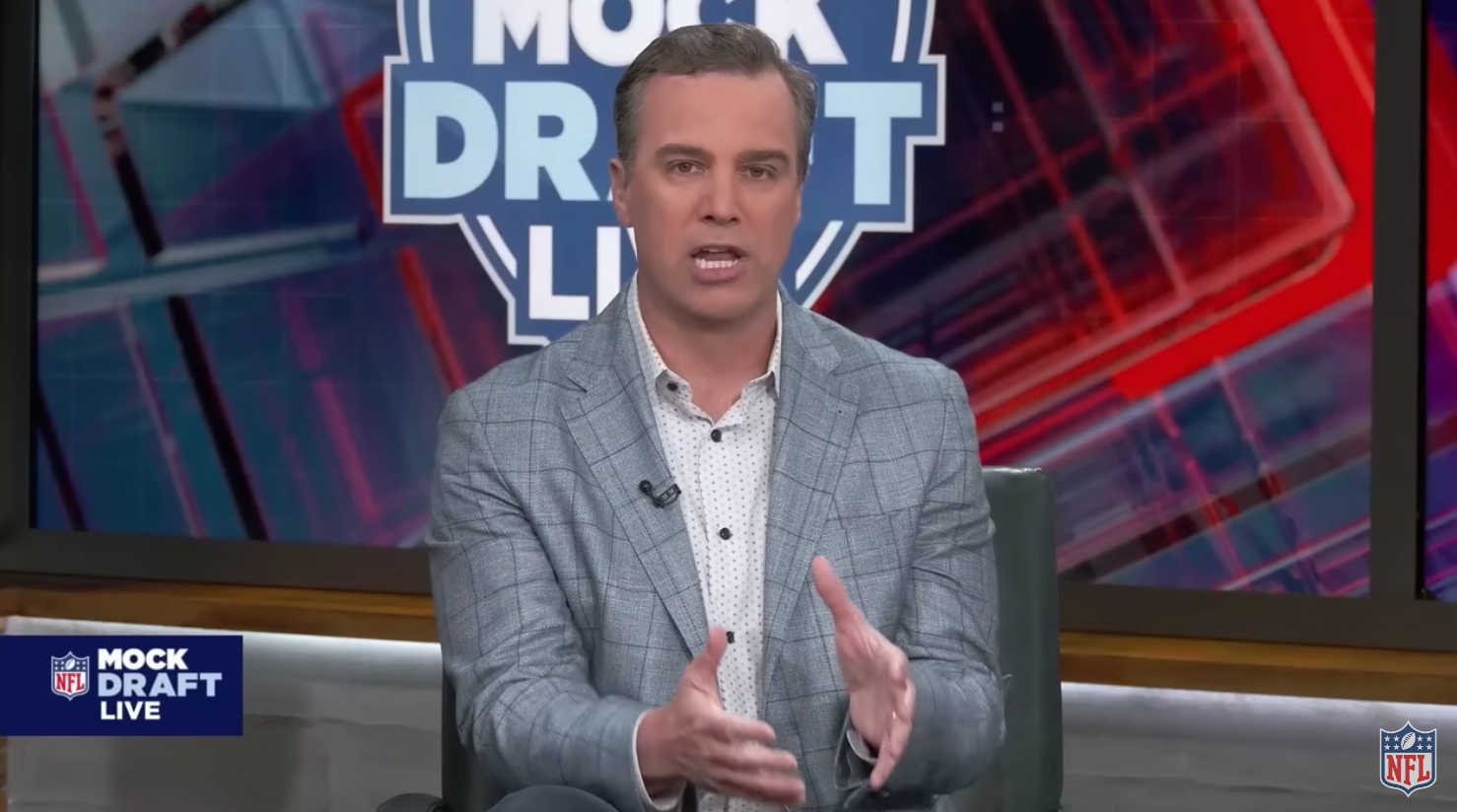Let’s say you wanted to start a brand new sports blog network right now. You think ESPN is stale, Deadspin is dying, SB Nation is static, and Barstool Sports is whatever the hell Barstool Sports is.
So you come up with some interesting site ideas, you package everything together, you launch your network and now you’re ready to start growing your audience and monetizing your properties. You follow all of the surefire ways to generate traffic and pick up newsletter subscriptions. You fire up a Twitter feed that’s churning out GIFs and shareable content. You throw everything you can up on Facebook where you hope it spreads like wildfire. You set up advertising on your sites and wait for the visitors to show up so you can start racking up the pageviews.
The latest
Somewhere along the way, however, those bigger players realized something. They don’t need you anymore. They don’t need your content or your brand or your tiny footprint. Companies like Google, Facebook, and Twitter control so much and wield so much power that they don’t have to worry about appeasing you anymore. They only have to worry about appeasing the other corporations who pay them.
At the risk of turning into a Bernie Bro real quick, let’s just run down what’s been happening in recent weeks.
Publisher organic reach on Facebook, one of the tried and true ways to generate traffic, has tanked. Reach per post was down 52 percent through the first half of 2016. Couple that with the news that Facebook is putting a closer eye on post titles to cut down on clickbait as well as changing their algorithms to give emphasis to personal posts over publisher posts and the message is clear. Facebook doesn’t need you anymore, publishers.
Interstitials, pop-up ads that ask you to sign up for a newsletter or something else the site is promoting, are pretty annoying. That said, publishers gotta do what they gotta do. Except that Google doesn’t want them to do what they gotta do, so the web giant is changing its algorithm to penalize sites using interstitials in search results. Again, the message is that Google doesn’t really care about you hitting your traffic numbers (unless you’re paying for ads, presumably).
We all know about ad-blocking software and the way that’s killing off the already-dying animal that is online banner advertising. Some publishers are fighting back but the results have varied so far.
At least there’s Twitter, right? The one place you can go to generate interest by passing along shareable content and interacting directly with your readers. The social media company doesn’t really do all that much to tamp down bullying and attacks, so they’re clearly sending a message that just about anything goes, right? Well, not when NBC and the Olympics are paying.
There’s no surer sign that an entity is out of touch with the way we consume media in 2016 than when they decide to ban things like GIFs and live-tweeting. The Olympic Committee proved itself to be just that by banning the former on Twitter. Considering the way Twitter responded to most personal threats involving their users, people weren’t expecting much. However, this time, the hammer came down on a few notable people, including sportswriter Jim Weber (full disclosure: Jim writes for AA, amongst his many endeavors). The lesson? When there’s millions on the table, Twitter’s banhammer gets awfully twitchy.
So if you can’t generate traffic on Facebook, can’t get new users via Google, can’t share content via Twitter, and can’t sell advertising on your site…how in the world does a new, independent property prospere in 2016? Is it even possible to start a new brand online without the backing or partnership of a major player anymore?
Hell, one false move and Gawker went poof. What chance does a newbie have?
If you’ve dreamed of creating the next Bleacher Report or Vox Media, there’s a chance those dreams might have to stay as such. There was a time when the internet felt like a place where anyone could make anything they want happen but now that the internet has gatekeepers like Google, Facebook, and Twitter big enough to not worry about publishers anymore, you have to wonder if we’ve handed over the content-creating keys and we’re not going to get them back.







